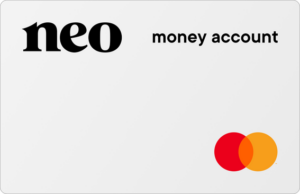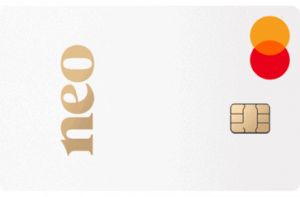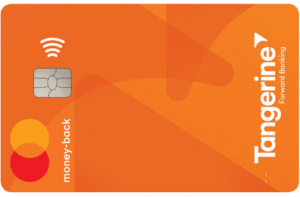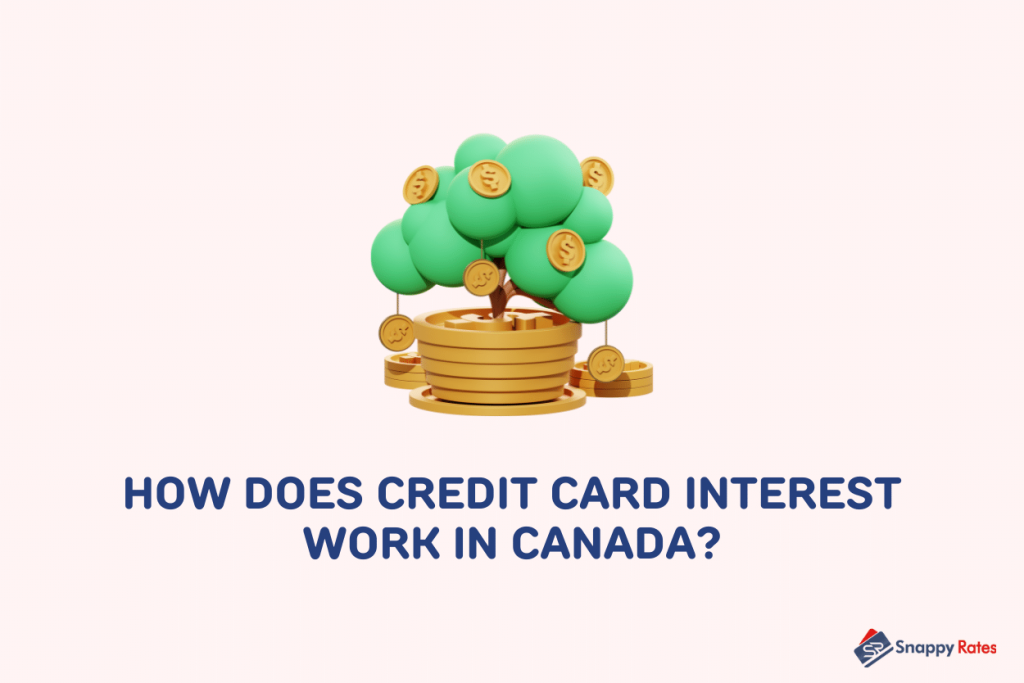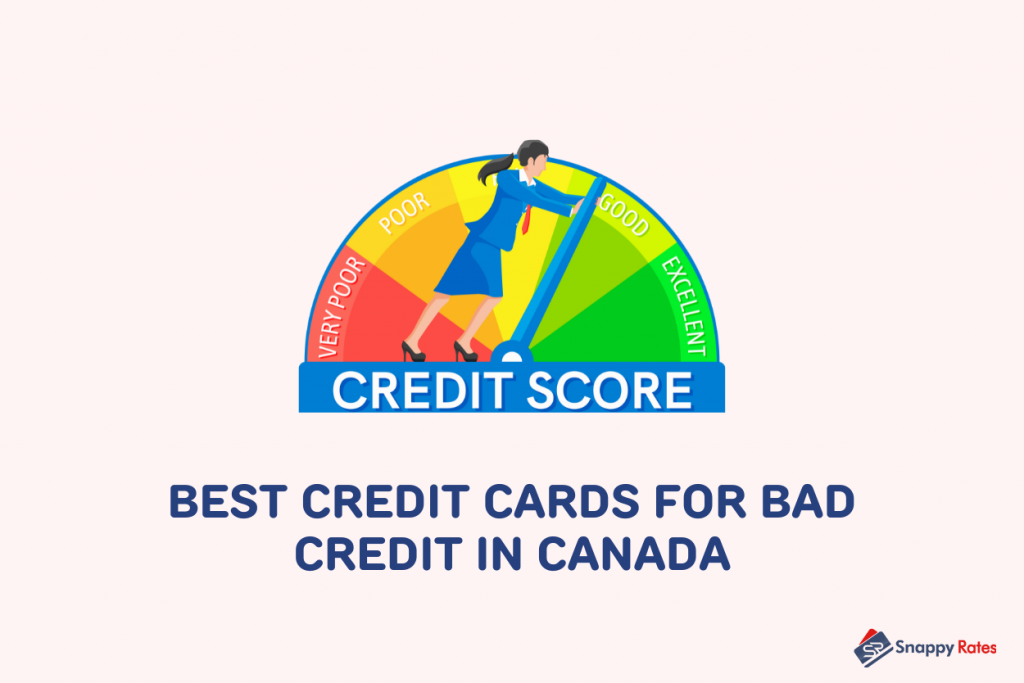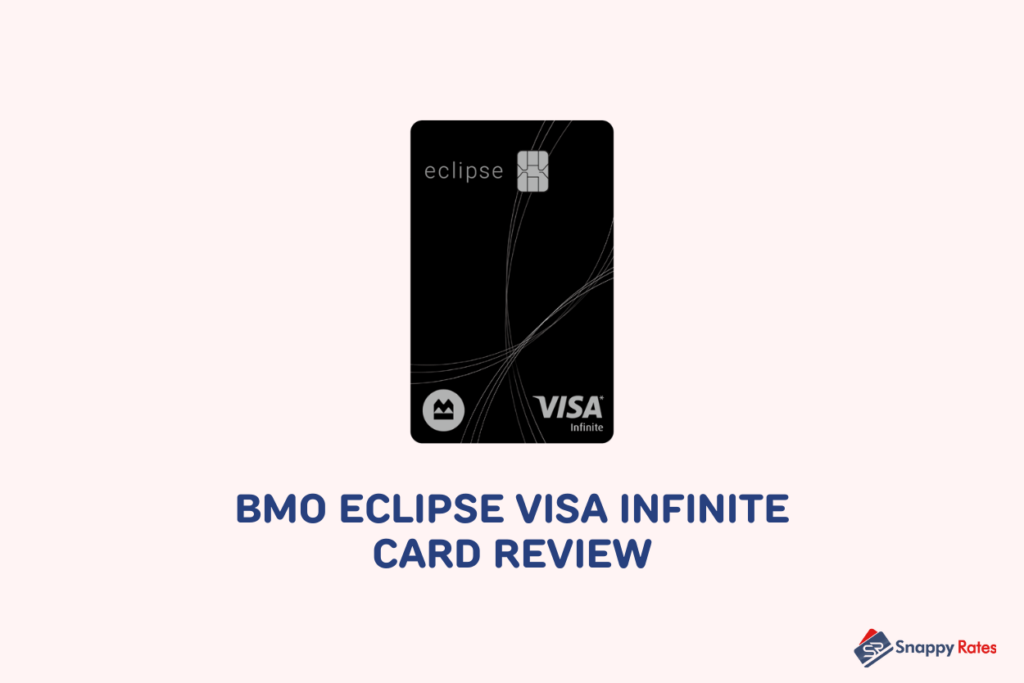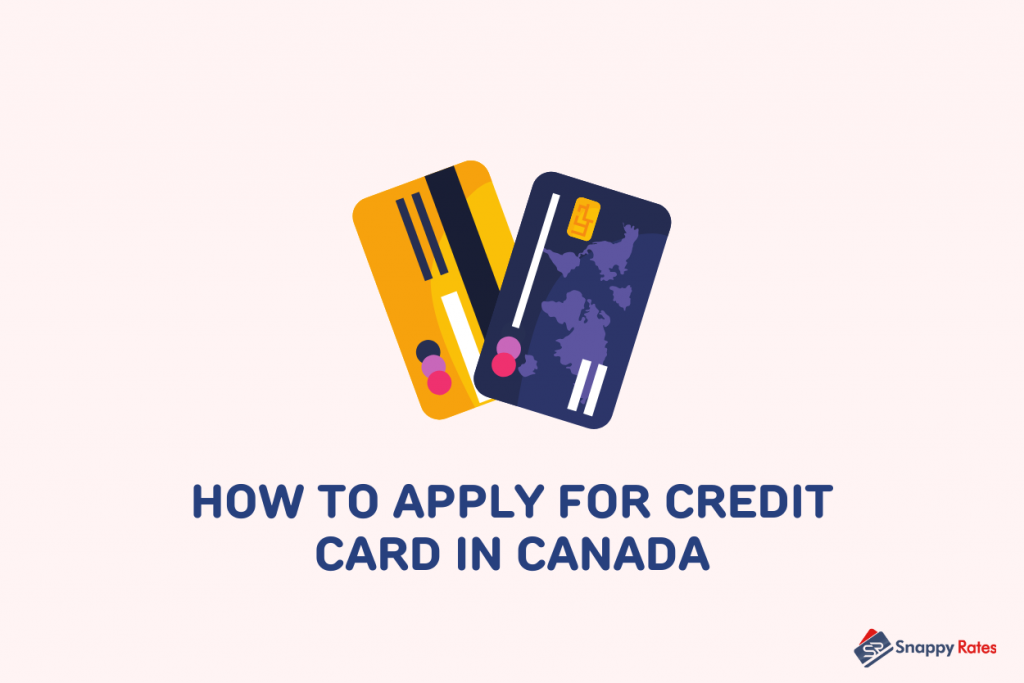Credit cards are incredibly useful, and they come with many benefits. But if you are having difficulty paying off your credit card debt, it can be distressing.
Fortunately, there are many strategies you can use to get out of credit card debt and get your finances in order. In this guide, we cover eight strategies that work.
How to Pay Off Credit Card Debt
Here are eight strategies you can follow to pay off your credit card debt:
Step 1: Evaluate Your Finances
Start by taking a close look at your financial situation. For example, how many credit cards do you have? How much debt do you have on each of them?
Create a spreadsheet and write down each credit card you have, along with the amount of debt on each and the interest rate on that debt.
Next, list all your monthly expenses, including rent, groceries, gas, etc. Your goal is to get a clear picture of your financial situation so you can take appropriate action to get out of debt.
Step 2: Set a Budget and Prioritize Paying Your Debt
Use your budget to determine how much you can realistically spend on your monthly debts.
You may have to stop buying a few treats or go out for dinner less frequently. Be strict with yourself and cut out expenses until you can reach an amount of spending that allows you to pay back your debts.
Prioritize your debts before all other non-essential spendings, and be strict with yourself. You can then use the spreadsheet to determine how long it should take to pay off your debts if you commit to paying back a certain amount each month.
Step 3: Consolidate Credit Card Debt
If you have several debts to pay off, you might want to consider credit card debt consolidation. There are a couple of ways to do this.
One is to apply for a balance transfer credit card in Canada. These cards allow you to transfer your existing balances to the card and pay no interest or a very low-interest rate for several months.
Another option is to apply for a low-interest credit card. This may allow you to transfer your balance, but there will often be a fee.
You can then take advantage of a lower interest rate on your debt, reducing your monthly debt payments and helping you pay off your credit card debt sooner.
Step 4: Pay Off Highest Interest Rate Cards First
If you don’t want to consolidate your debt, you may want to start by paying off your credit card debt on the cards with the highest interest rates.
Always make sure you make your minimum payments on all credit cards. But it makes sense to pay off the higher interest rate cards first, up to the amount you can afford.
If you pay off your lower-interest-rate cards first, paying back your total debt will take longer.
Related: How does credit card interest work?
Step 5: Increase Your Minimum Payment By 2
It’s often a good idea to avoid paying the minimum payment.
While the minimum payment is the lowest amount you have to pay, if you only make this payment, it will take longer to pay off your debt.
Try to double the amount of your minimum payment each month. Doing this will significantly reduce the time it takes to pay off your debt.
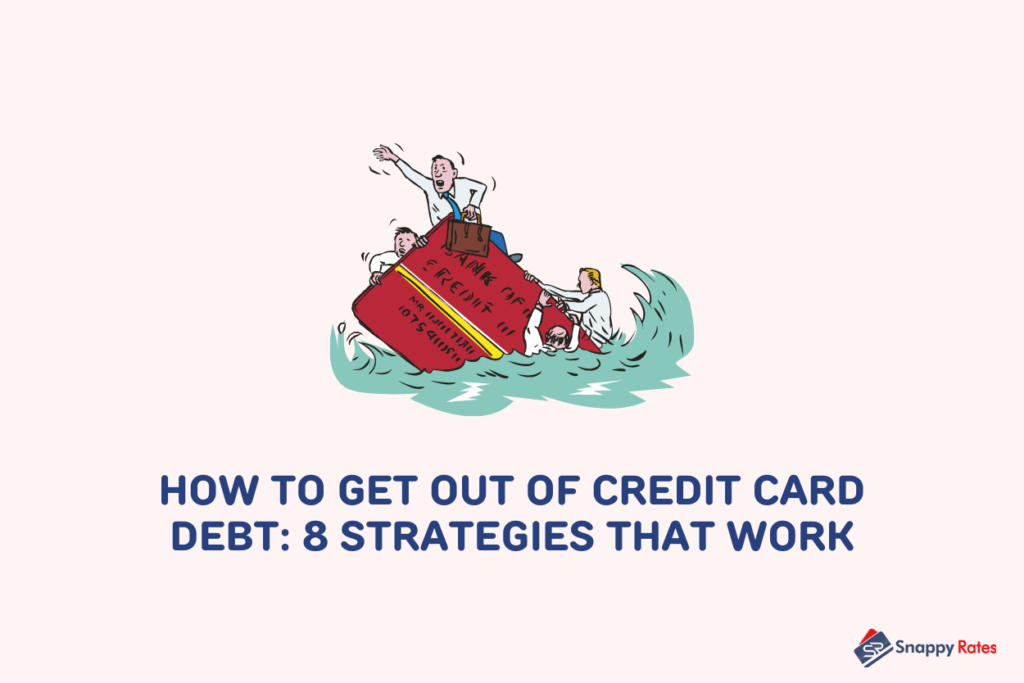
Step 6: Put Any Extra Money Towards Credit Card Debt
Commit to putting any extra money you receive into paying back your credit card debt.
For example, if you get paid overtime, get a bonus at work, or even receive money for your birthday, commit to using that money to pay off your credit card debt.
It’s not easy to do, but it can help you to pay off your debt sooner.
Step 7: Set a Strategy
You may want to decide on a strategy for paying off your credit card debt.
You can choose from several methods, including the snowball, avalanche and blizzard methods.
The Snowball Method
This means paying off the smallest loan first. The idea is that you get it paid off quickly to motivate you. Then use the money you were spending to pay it off to move to the next debt.
Pay off this one, and keep moving up. Keep going until you have paid off all your debts.
The Avalanche Method
The avalanche method is where you first decide to pay off the loan with the highest interest rate. Then, once that is paid off entirely, you focus on the next most expensive debt.
Related: Canadian personal loan debt statistics
The Blizzard Method
This is a combination of the two above methods. With this, you focus on paying off the smallest debt, then switch to the avalanche method.
You then switch back to the next smallest debt when you want a motivational boost. So keep switching between the two and stay motivated.
Step 8: Get Credit Counseling if You Need It
These strategies can all help you get out of credit card debt. But one that you should not dismiss is getting credit counselling.
There may be organizations in your area that offer this. They can help you better understand your debts and finances, come up with a budget, and help you find the right solution to paying off your debts.
Credit counselling can be a good starting place if you feel like your debt is insurmountable.
Conclusion
It’s never pleasant to have lots of credit card debt. However, credit cards have many benefits, including premium perks, cashback and more, and they provide a convenient way to spend.
But this convenience can also be part of the problem. Sometimes, you can spend more than you can afford and cannot pay back your credit card debt due to the high-interest rates.
The eight strategies in this guide provide a good starting point to get out of credit card debt. But always seek help if you are struggling to pay back your debt.
Credit counselling can be a great way to get more control over your debts. You may even be able to get government help with credit card debt, and then you can focus on paying them off and getting debt-free sooner.
Related: Credit card mistakes to avoid as a student
FAQs
Can you get rid of credit card debt without paying?
You will always have to pay off your debt. The only option would be to declare bankruptcy, but you should consider this very carefully before doing.
How can I cancel the credit cards I owe money on?
You can close a credit card with a balance, but you will still have to pay off the money you owe, and interest will continue to accrue.
What happens if I don’t pay my credit card for five years?
Failing to pay off your credit card for five years will affect your credit rating, and your lender will start contacting you to request the missing payments. In addition, if you continue to fail to make your payments, you could face further problems, including visits from debt collection agents.
What is considered high credit card debt?
High credit card debt is anything you struggle to pay back, so the amount depends on your financial situation. If your minimum payment is more than 10% of your net income, this is generally considered too high.
Discover: Best low-interest credit cards in Canada
